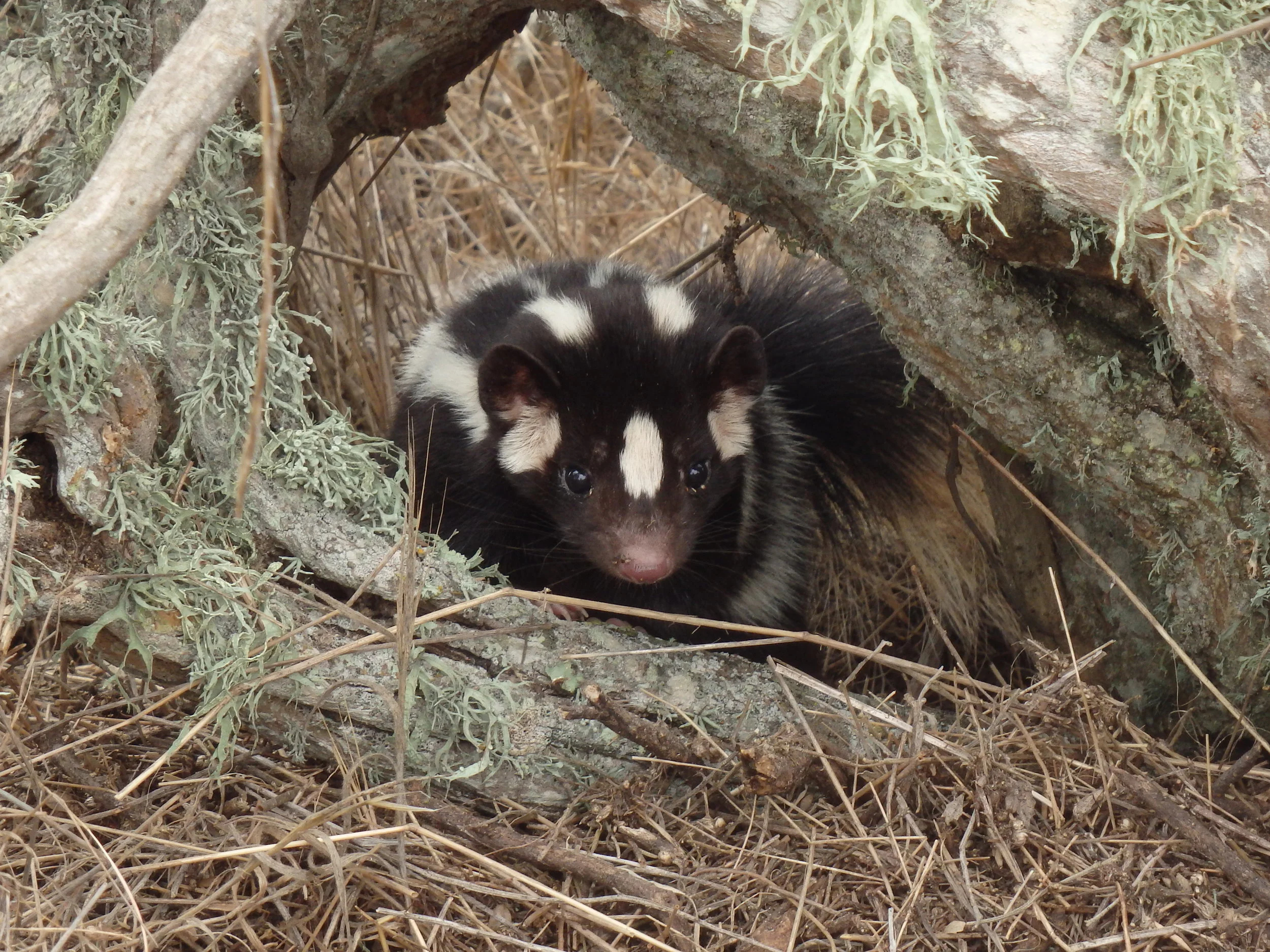Our courses are approved through Western Washington University’s College of the Environment, Environmental Science Department, and are permanent courses within Western Washington University’s course catalog. We teach the same three courses in all our program locations.
The environment is our classroom.
Based in a field settings, students learn directly from faculty experts and local conservationists. Our courses study primary research, field manuals, environmental impact assessments and planning documents, published research, case studies and government research. Students may confer with public land management officials and staff, and attend guest lectures featuring speakers from relevant wildlands and wildlife management agencies, researchers from nearby universities, conservation organizations and a wide variety of interest groups.
Course descriptions.
Our courses are approved through Western Washington University’s College of the Environment, Environmental Science Department, and are permanent courses within Western Washington University’s Course Catalog. We teach the same three courses in all our program locations.
ENVIRONMENTAL WILDLANDS STUDIES (5 QUARTER CREDITS)
Field-based course of environmental problems affecting the natural and human-impacted ecosystems of our study region, including the role of human interactions.
Experiences/Activities: Extended field study of flora, fauna, biotic communities and ecological relationships at selected sites within the program location. Students participate in field research and evaluation of environmental policy options, focusing on concepts and principles of environmental or geological research, wildland management and public land planning methods; environmental field study emphasizing on-site instruction and investigation of specific wildland and wildlife case studies; field inventories; field evaluation of planning/management options; problems of sampling, quantification and site-specific environmental impact assessment in wildland planning; the role of field research in wildland/wildlife management; analysis of legislative public land planning mandates and how they affect the case study; and survey of the role of wildlands in regional thought and culture.
ENVIRONMENTAL FIELD SURVEY (5 QUARTER CREDITS)
Field-based course conducting on-site examinations and analyses of environmental problems affecting wildlands and wildlife in our study region.
Experiences/Activities: Students will learn concepts and principles of environmental studies, wildlife management and public land planning methods, data collection techniques, analysis of field data, and environmental report writing. Taught in conjunction with material from Environmental Wildlands Studies and Wildlands Environment and Culture, this course includes historic and contemporary approaches to field research; limitations of field research (availability and nature of data); evaluations of environmental consequences of proposed management directions; and evaluation of socio-economic consequences of proposed management directions. This course also includes data collection techniques and species identification; field inventory and assessment of environmental characteristics (forest composition, habitat components and watershed qualities); introduction to population, community and ecosystem ecology; baseline documentation of environmental impacts; on-site analysis of planning directions and options; and mapping of ecologically significant features and attributes. Attention will be given to multiple modes of presentation, evaluation and analysis, including essay writing and illustration as well as scientific formats.
WILDLANDS ENVIRONMENT AND CULTURE (5 QUARTER CREDITS)
Field-based course involving on-site research in our field location, studying the relationships among cultural groups and the environment. Using region- and culture-specific case studies, students assess historical and current cultural and environmental uses of wildland and/or wildlife communities. Course examines outcomes of environmental policies and wildland/wildlife management, including both sociological and natural consequences.
Experiences/Activities: In conjunction with material from Environmental Wildlands Studies and Environmental Field Survey, this course includes analysis of past and current legislative public land planning mandates and how they affect the region; survey of the role of wildlands in regional thought and culture; local and regional environmental use, and issues of sustainability; concepts and principles of environmental research, management and public land planning methods; and roles of culture in wildland management.
Grades.
Courses are graded A through F. While taught in an integrated fashion, each course receives its own letter grade. Incompletes will only be granted in cases of exceptional circumstance, and it is your responsibility to complete papers and assignments on time. Incompletes automatically revert to F or NC after three months if a grade change issued by the instructor is not received.
Grades are only available through the official transcript.
Western Washington University will electronically send one transcript to your home university registrar upon successful completion of a Wildlands Studies program. Additional copies of your transcript are available online. To get a copy online, you’ll also need a student ID number, which is available by calling the University Registrar’s Office at 360 650 3430. Alternatively, you can use your social security number as your student ID number.
Western Washington University’s transcript describes three official course titles:
For short summer programs:
Environmental Wildlands Studies, five quarter credits
For academic term programs:
Environmental Wildlands Studies, five quarter credits
Wildlands Environmental Field Survey, five quarter credits
Wildlands Environment and Culture, five quarter credits
Transcripts for Wildlands Studies Alumni 2008–2015
Wildlands Studies alumni from 2008 through 2015 should contact California State University Monterey Bay to get a copy of your transcript. CSUMB subscribes to a transcript service and instructions for obtaining your transcript are available at their website: https://csumb.edu/planning/how-get-your-transcripts. Please note that your Student ID will be your social security number.
Cal State Monterey Bay’s transcript describes three official course titles:
For short summer programs:
ENVS 370 Environmental Wildlands Studies, four semester credits
For academic term programs:
ENVS 370 Environmental Wildlands Studies, four semester credits
ENVS 371 Wildlands Environmental Field Survey, four semester credits
ENVS 372 Wildlands Environment and Culture, four semester credits
Transcripts for Wildlands Studies Alumni from 1979–2007
Wildlands Studies alumni prior to 2008, please request a transcript from the respective hosting university.
For Wildlands Studies program participants between 2003–2007, please contact
University of California Santa Barbara Extended Learning Services.
For program participants prior to 2002, please contact San Francisco State University College of Extended Learning.
For other questions about academic credit, please contact us at wildlands@wildlandsstudies.com or 831 684 9999.











